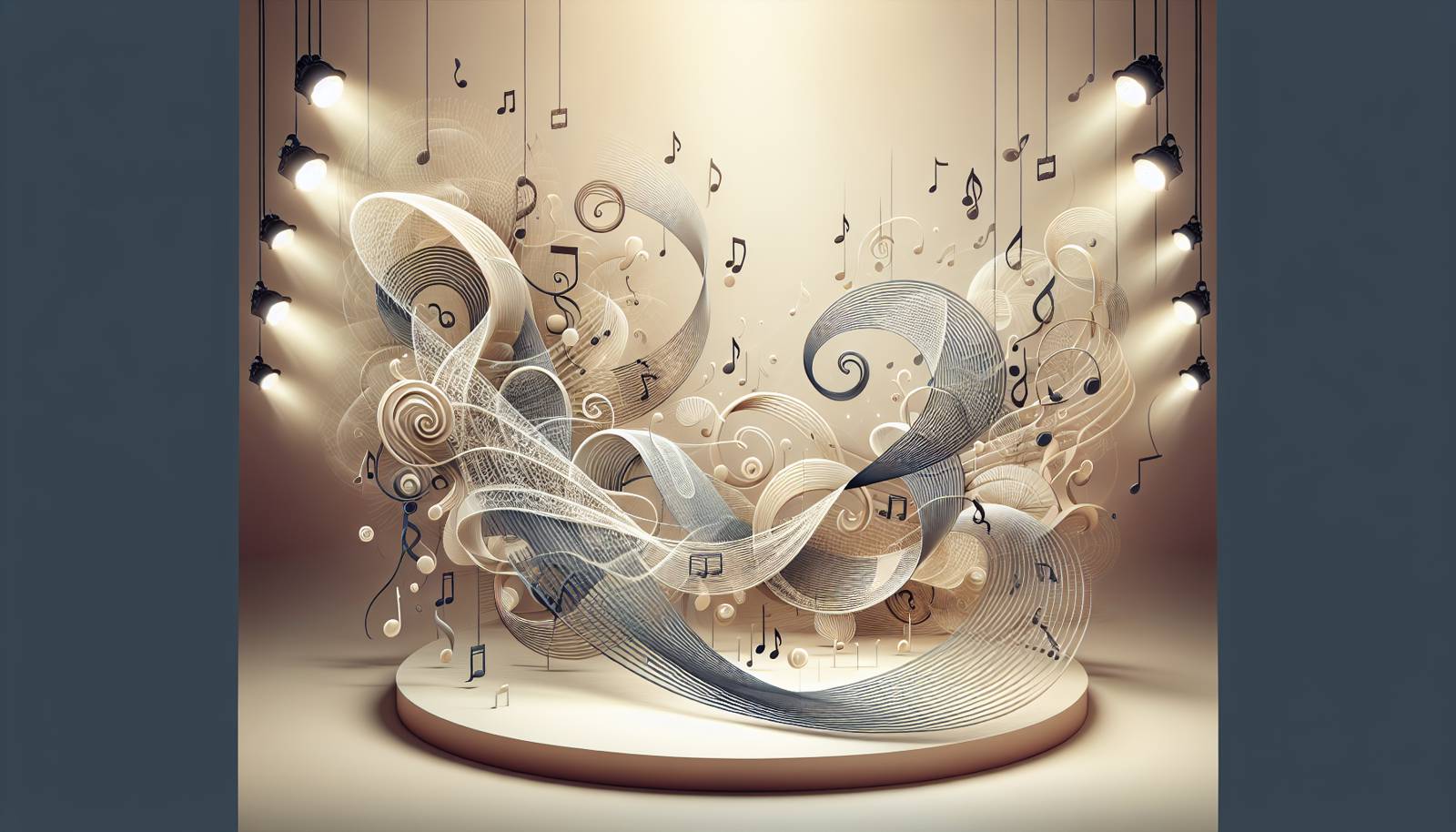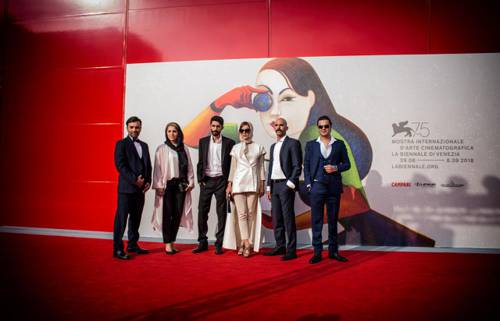
FAQ About The Influence of Film Soundtracks on Musical Theater

What is the influence of film soundtracks on musical theater?
Film soundtracks have significantly influenced musical theater by introducing new musical styles, orchestration techniques, and a cinematic feel to stage productions. This has led to richer scores and a more immersive audience experience, drawing from the vast emotional palette offered by film music.

How has the use of technology in film soundtracks impacted musical theater?
The technology used in film soundtracks, such as advanced sound design and electronic music production, has permeated musical theater. These advancements allow for more complex soundscapes on stage, incorporating elements like synthesized effects or digital orchestration, enhancing the mood and storytelling.

Can you provide examples of musical theater productions influenced by film soundtracks?
Musicals like The Lion King and Once are examples where the influence of film soundtracks is evident. The Lion King adapted its rich music score from the animated film, enhancing its theatrical production. Similarly, Once built its score around the successful soundtrack of the original movie, retaining the emotional core through music.

Why do film soundtracks affect musical theater compositions?
Film soundtracks affect musical theater compositions primarily because they share the goal of conveying emotions and narratives through music. The successful elements in film scores, such as thematic development and orchestration, offer invaluable insights and techniques that can be adapted to enhance the storytelling in theater.

What role does storytelling play in the influence of film soundtracks on musical theater?
Storytelling is at the heart of both film soundtracks and musical theater. Soundtracks provide cues that guide audiences through the story, using motifs and themes. These techniques are adapted by musical theater to ensure that the narrative is clear, emotionally resonant, and memorable for audiences.

In what ways have film soundtracks changed the orchestration of musical theater productions?
Film soundtracks have introduced more varied orchestration techniques to musical theater, such as using non-traditional instruments, electronic elements, and fuller orchestras. These changes create a broader sonic palette, allowing musical theater productions to have a more dynamic and engaging sound.

How do composers integrate cinematic elements from film soundtracks into musical theater?
Composers integrate cinematic elements into musical theater by adopting the structuring of themes, using leitmotifs, and implementing dramatic musical cues similar to those found in film scores. This includes using music to accentuate dramatic beats and enhance the emotional impact of scenes, akin to a cinematic experience.

Are there any notable composers who have worked in both film and musical theater?
Yes, composers like Stephen Schwartz and Alan Menken have successfully worked in both film and musical theater. Schwartz is known for Wicked and film work like The Prince of Egypt, while Menken has worked on Disney classics such as The Little Mermaid and Broadway adaptations like Beauty and the Beast.

What are some challenges faced when integrating film soundtrack elements into musical theater?
The primary challenges include adapting to the different acoustics and staging of live theater, where the immediacy of performance requires precise sound balancing. Additionally, maintaining the integrity and emotional intensity of film music while ensuring it complements live storytelling poses a creative challenge to theater composers.

Has the audience's expectation changed in musical theater due to film soundtracks?
Yes, audiences now often expect a more cinematic experience in musical theater, with lush orchestrations and emotionally expressive music akin to what they experience in films. This has raised production values and influenced the way stories are crafted and executed on stage.

What is the historical impact of film on musical theater sound design?
The historical impact includes the introduction of surround sound systems and more sophisticated sound design, allowing for an immersive experience. These developments trace their roots to the advancements in film soundtracks, demonstrating a crossover of audio technology and aesthetics.

How has the crossover between film composers and musical theater affected composition styles?
This crossover has introduced cinematic techniques like leitmotifs, thematic layering, and sophisticated orchestration into theater compositions. Composers who work in both realms bring a fusion of styles that enriches the theatrical music landscape with fresh, innovative approaches.

Why might a director choose to adapt a film soundtrack for a musical theater production?
A director might choose to adapt a film soundtrack for its proven emotional and narrative effectiveness. Film scores often come with an established audience connection, which can help transition and translate the story to stage while retaining its emotional power and popularity.

How do film soundtrack adaptations affect the staging of musical theater productions?
Adaptations of film soundtracks can lead to more cinematic staging, with precise timing of musical cues and enhanced emotional scenes. This often results in dynamic set designs, creative use of lighting, and choreographed sequences that align closely with the mood and tone set by the music.

What are some benefits of using film soundtracks in musical theater?
Benefits include a rich, pre-existing sound palette that can enhance connectivity with audiences, emotionally driven compositions that resonate well, and a built-in thematic structure that can guide the overall production. This makes the adaptation process more seamless and effective in storytelling.

Can musical theater influence film soundtracks?
While the influence is predominantly the other way around, musical theater can also influence film by offering narrative techniques and thematic development strategies that can create more engaging and character-driven film scores.

What elements of film soundtracks are most commonly adapted in musical theater?
Common elements include thematic motifs that create recurring emotional connections, orchestration choices that enhance drama, and dynamic soundscapes that support the narrative. Musical theater often borrows these to elevate the storytelling and audience engagement.

Is there a trend towards more cinematic musical theater productions?
Yes, there has been a noticeable trend towards creating more cinematic experiences in musical theater, often prompted by the popularity of film adaptations. This involves using elaborate musical scores, creative staging, and digital effects to enhance the audience's experience.

How do collaborations between film and theater composers innovate the musical landscape?
Collaborations allow for an exchange of ideas and techniques, leading to innovative compositions that blend the best of both worlds. They encourage renewed creativity, resulting in musical pieces that are both dramatically powerful and musically sophisticated.

Do film soundtracks set a new standard for musical theater performances?
Film soundtracks can set new standards by raising expectations for musical complexity, emotional depth, and narrative delivery. They challenge theater productions to meet these benchmarks, often leading to more ambitious and qualitatively rich performances.
